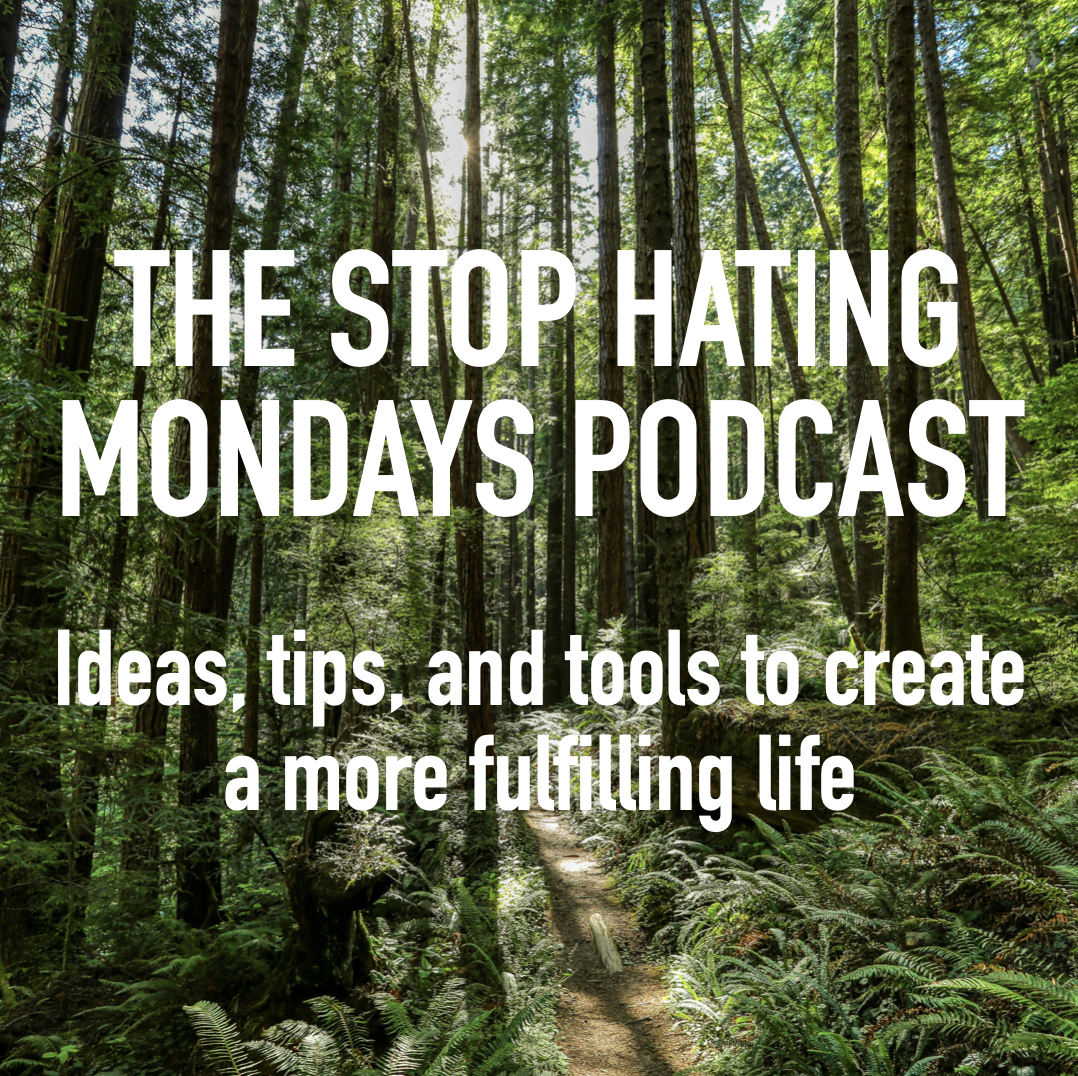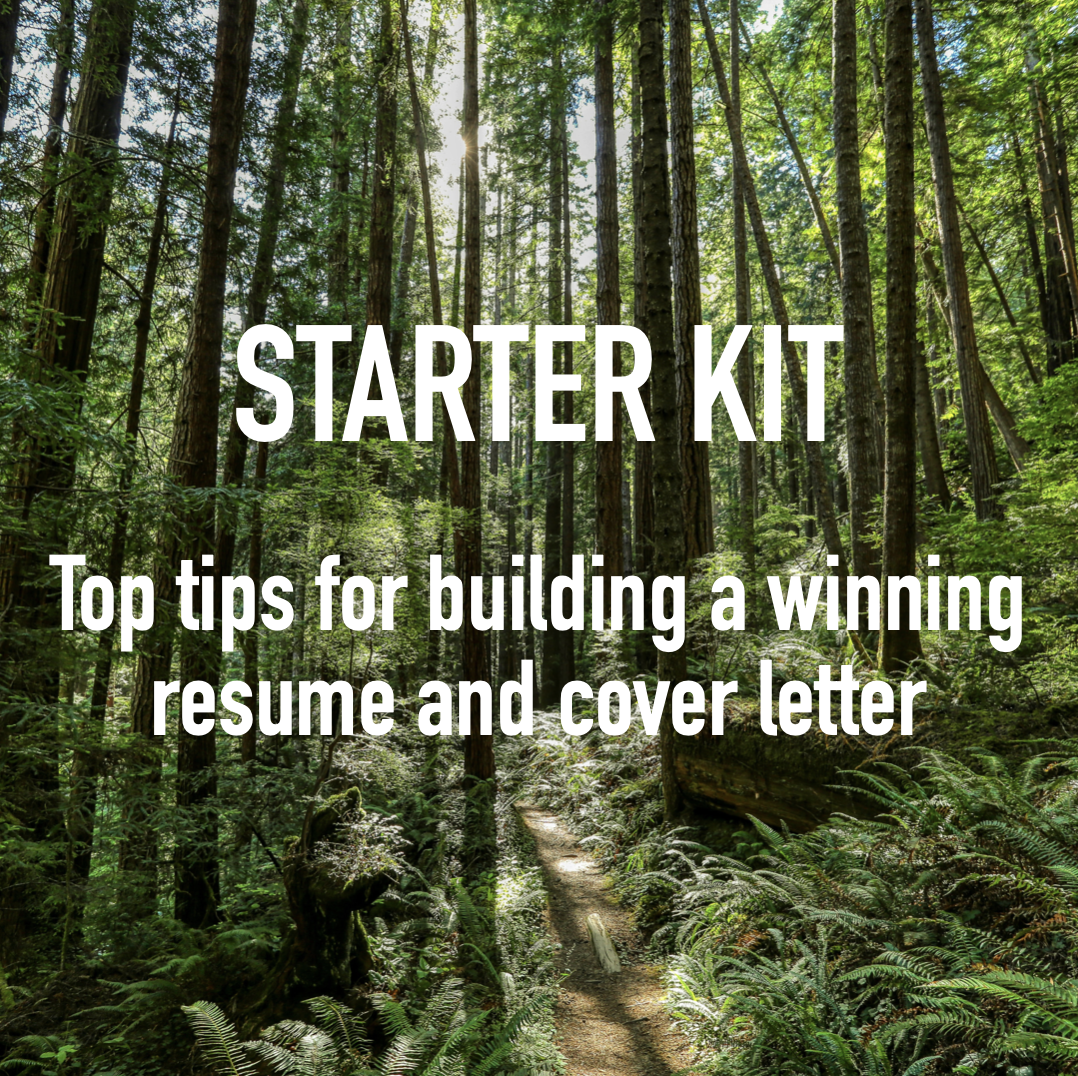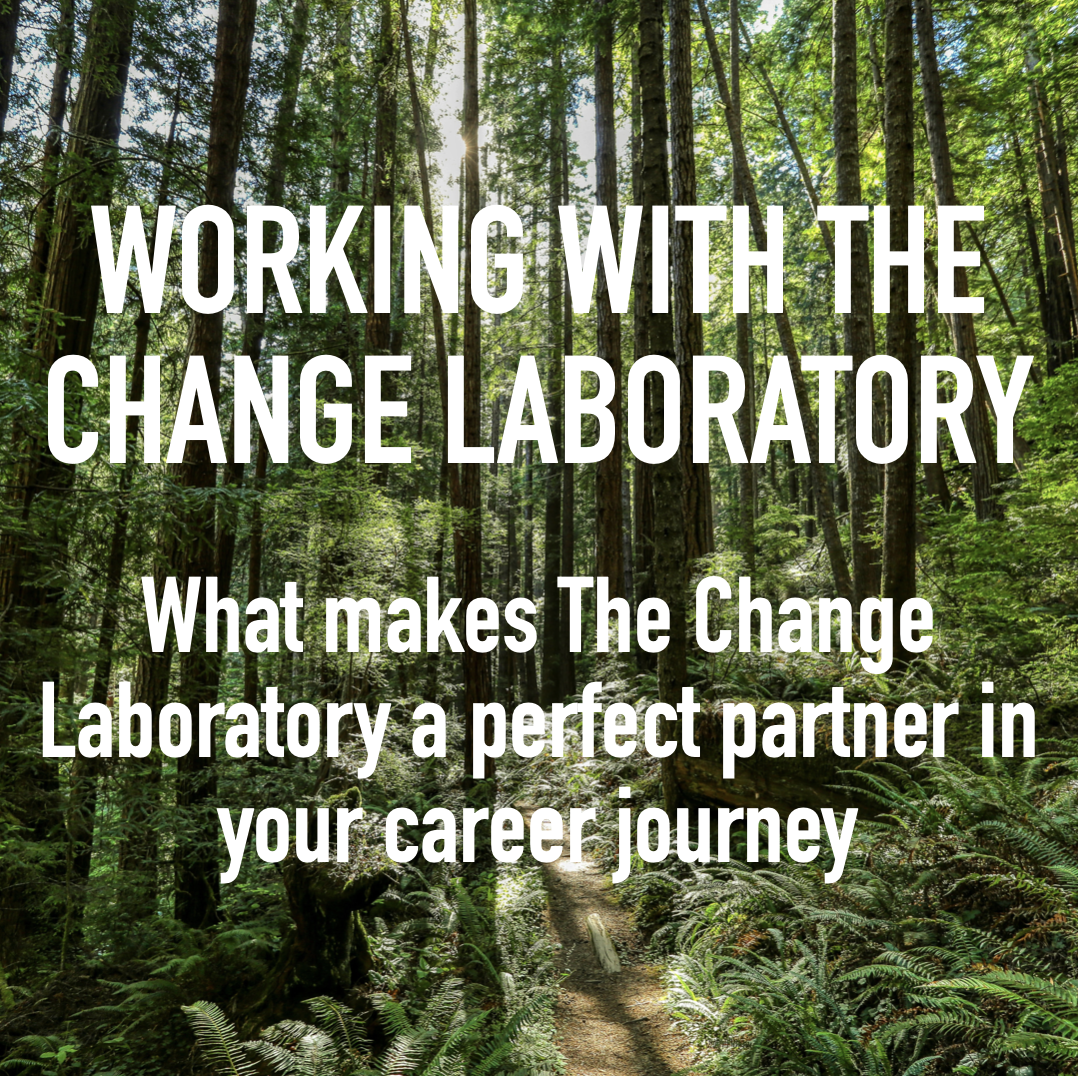How To Break The Hope / Disappointment Cycle
Kent R.
In the Stop Hating Mondays book that sparked this podcast, we talk about the hope / disappointment cycle. We talked about Olivia, who starts a new position only to find soon after that she's unfulfilled and needs a change. So she starts something new and once again finds that she's in the wrong role. This hope / disappointment cycle is extremely common and there is only one effective way to break it.
On this episode of the Stop Hating Mondays Podcast, we're talking about the importance and power of personal development.
TRANSCRIPT
(Transcripts are auto-generated and may contain minor errors)
Caanan
In the Stop Hating Mondays book that sparked this podcast, we talk about the hope / disappointment cycle. We talked about Olivia, who starts a new position only to find soon after that she's unfulfilled and needs a change. So she starts something new and once again finds that she's in the wrong role. This hope / disappointment cycle is extremely common and there is only one effective way to break it.
On this episode of the Stop Hating Mondays Podcast, we're talking about the importance and power of personal development.
Caanan
I'm going off script for this first question Kent. I just want you to speak to our number one reason for why someone should care about personal development.
Kent
Yeah well as we got into a lot this season – and obviously it's a season on development – knowing about your strengths, your values, your passion – individually and ideally all of those things – is valuable enough. Like many of the work groups we work with, with many of the individuals we work with, we don't get past strengths because it gives them this new language, these new things to learn about, to lean into that they never knew before. So here we start piling on values and passion and all these things that it's quite a road we can take with people. All those things alone, though, are so beneficial to know more about. But what this is really about is helping you develop a new success language. And we always tell the organizations we work with and the people we work with that we have a personal success language that is not the success language of the planet, as we often say, you can have dips. You can have low lows. And you can have high highs and everything just kind of seems normal and comfortable. Of course the highs are better. But because you have a personal success language that isn't tied to the dream of the planet or others’ success based usually on monetary power, positional power…
Caanan
These are the definitions of success that are handed to you by your parents, society…
Kent
Society, yeah, totally. Your coworkers, all this stuff.
Caanan
Kent
All these things that that go away and mean nothing. When you have a success language that honors the importance of an income and enjoys and even bigger income – we're not saying absolve yourself of these things. We're just saying they're not your success language. So, when you look at your strengths, your values, your passion, when you do any kind of this internal inquiry on some level, you're starting to rewrite your success language, and there's nothing more powerful than that.
Caanan
I'm thinking about the podcast where you talked about Casey who was struggling because her company was donating to a political organization that didn't align with her values and how understanding that, she could apply her understanding of how important values are to her to different areas of her life. Yeah, so this is a major personal development moment for Casey. She understands that being in organizations around people who align with her values is critical to her feeling good. So that is part of her new success language. Being in places and with people who align with her values and. That's going to feel so much better to her than some of the arbitrary success – ideas of success – that have been handed to her.
Kent
Exactly yes, and if she feels better being around those people guess what. She's going to be a better yes, partner, a better parent, a better coworker, etc.
Caanan
The development work we do with individuals and workgroups is mostly in service of careers, but we make no secret of the fact that the real benefit is that it helps in all the other roles you play.
Kent
Yeah, that this has come up a lot in the podcasts in this season where…
And I think that's where our clients minds really start to expand. Because you know, as you've seen in every Oscar worthy movie, nothing is ever about what you think it's about. You know it's not about the accident or the promotion or the whatever. It's about all these things you learn about the things that surround the event. So in much that same way, as you learn these things about yourself, you know you think you're going to figure out how to deal with your jerk of a boss. Along the way you learn, oh gosh, I'm kind of a jerk too. And I'm recognizing some behaviors that I bring not only to work but also into the other roles I play. So, I think the far-reaching effect of this personal and professional development is what's most gratifying to see our clients go through because it's just not hard to see parallels. You know, if you've got people who have this bad boss or – I'm not trying to say there aren't bad losses, because I would say many are – those people tend to have other friction filled players in other parts of their life. So you ask, “Well, wait, what role am I playing in this? If I have friction around key relationships in my life?” So it's transformative work because it solves the problem right in front of you, yes, but it's mind-blowing work in that its tentacles are long. And the work you do in one role helps in all the roles, because there's only one you.
Caanan
I’m going to circle back to episode 2 of this season and ask another question that came from John. It's a really straightforward one, but a good one. What is the best kind of development activity?
I think that's unanswerable, actually.
Kent
Yeah, well no, but I mean I'm going to go back to what I told a recent caller / emailer. I love work with strengths. It's the foundational work. It's where we always start with our clients, but it's always the most exciting because we are doing these things in the different roles of our life and then to find out either have somebody name something as a strength. How often do we work with people in work groups were it's like “oh yeah, of course I'm good at that!” Yeah, there's a reason you're good at it because you have a natural strength for it.
So if you don't know your strengths, getting in touch with the battery that helps you identify them and then doing work to embellish your strengths and to grow your strengths, because that just brings everything else up in tandem with the work you're doing on your strengths. It's extremely gratifying, and it brings a lot of pride to all of us who know our strengths. Who know, “well I am good at that. I've been told that and now I've taken a personality test that tells me that and you can't tell me any different,” you know? There's something very empowering about knowing what you're naturally talented at and growing that.



